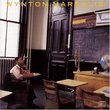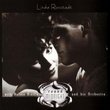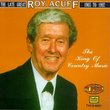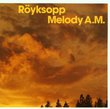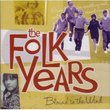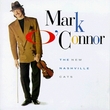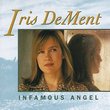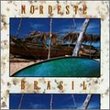| All Artists: Ralph Sutton Title: Oh Baby: Solo Piano Members Wishing: 1 Total Copies: 0 Label: Sackville Release Date: 11/16/2004 Genres: Jazz, Pop, Broadway & Vocalists Styles: Swing Jazz, Traditional Jazz & Ragtime, Traditional Vocal Pop Number of Discs: 1 SwapaCD Credits: 1 UPC: 778132206323 |
Search - Ralph Sutton :: Oh Baby: Solo Piano
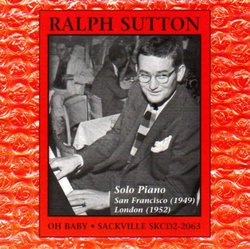 | Ralph Sutton Oh Baby: Solo Piano Genres: Jazz, Pop, Broadway & Vocalists
These are amongst the earliest of pianist Ralph Sutton's solo recordings. The first fifteen selections come from a session in San Francisco in 1949 originally issued on Down Home Records. Even less known are the final eigh... more » |
Larger Image |
CD DetailsSynopsis
Product Description These are amongst the earliest of pianist Ralph Sutton's solo recordings. The first fifteen selections come from a session in San Francisco in 1949 originally issued on Down Home Records. Even less known are the final eight tracks recorded in London in 1952 and originally issued on the Lyragon label. At the time, Sutton was performing as a jazz concert artist, but still found time to put down on wax these brief interpretations of material he was to rework through his long career. The highlights include three Willie 'The Lion' Smith compositions - Concentratin' and Morning Air remained staples of Sutton's repertoire, but his version here of No Local Stops may well be its only recorded performance. Similarly Requested CDs
|
CD ReviewsHe got a lot better than this jive rhapsodist | NYC, NY United States | 07/22/2009 (3 out of 5 stars) "Even though the recording sounds old, there would be no trouble in recognizing Sutton as a "revivalist" here. Why? So many elements: groove, attack...a certain literalness in the phrasing which evokes the player piano. An absence of anything crazy or quirky - all of the stride greats had this. Such a heavy first beat in the left hand, which is so much more Barrelhouse than Stride. The greats did use this, but only occasionally, for emphasis. Sutton sounds like he never thought about playing for dancers from the Georgia or Carolina Coast - that background is what gives James P. Johnson his special lift. But the Post-War listener to Pre-War Jazz generally is not so involved with this music's more Afro-American elements; they're usually happy enough if there's no traces of Bop or Beyond. More's the pity...But, hey, at least Sutton figured it out, to a large extent; his later playing is a lot groovier! Thus, this issue is really for completists only."
|

 Track Listings (23) - Disc #1
Track Listings (23) - Disc #1
